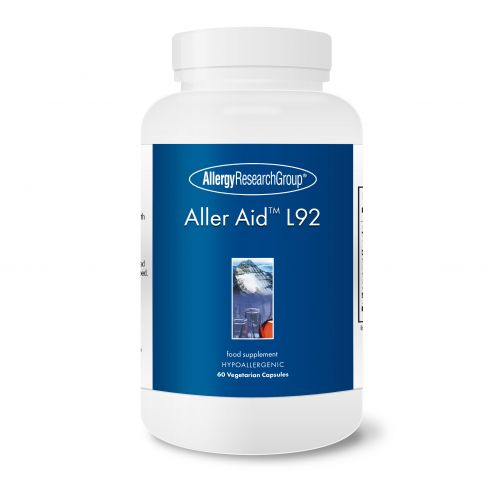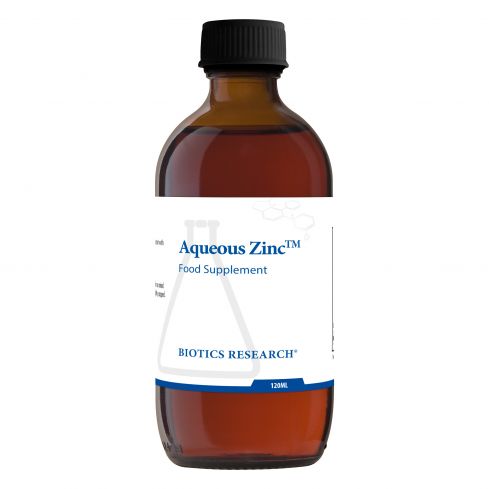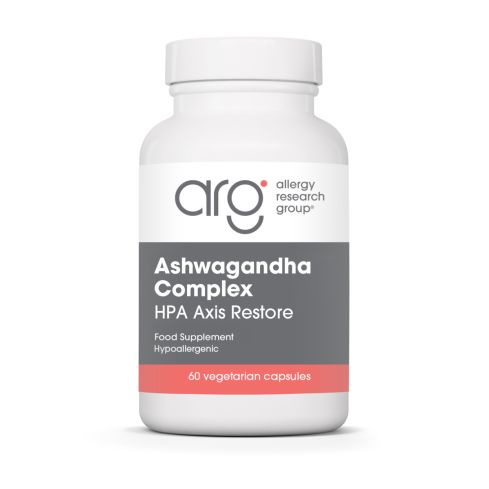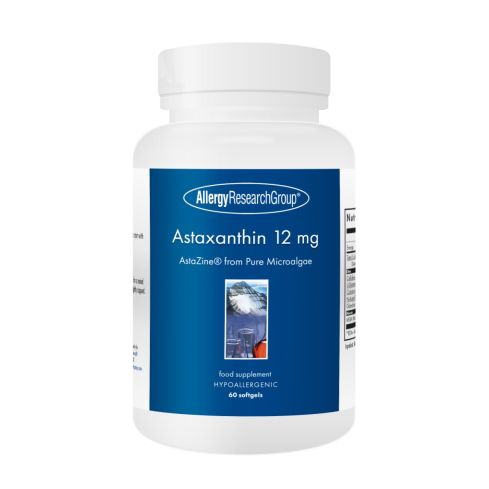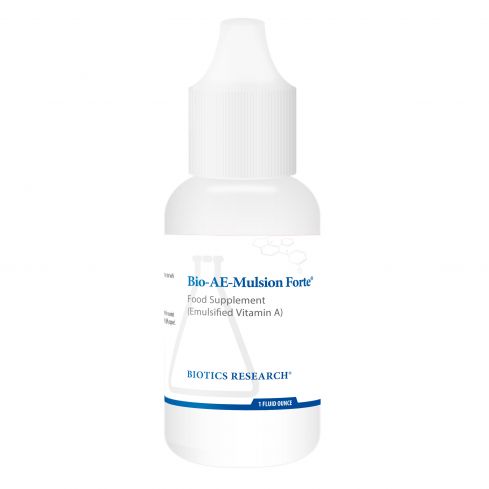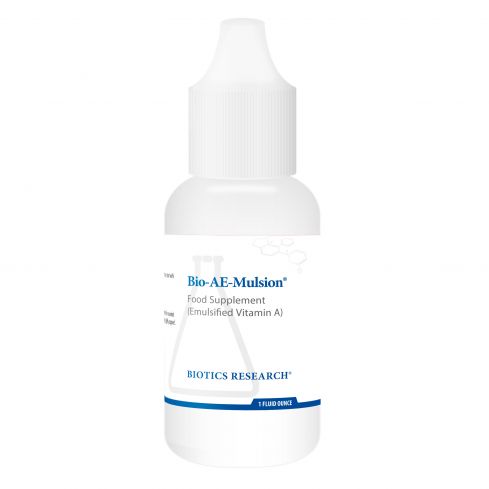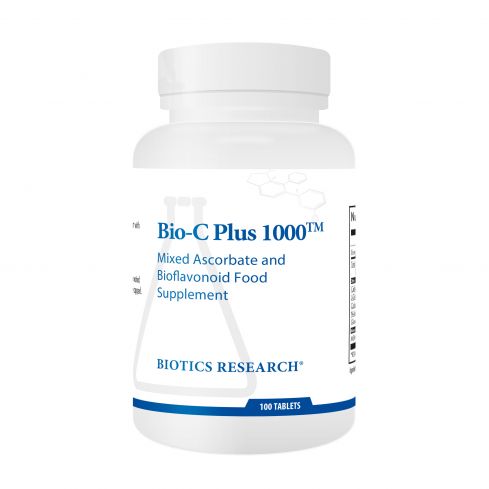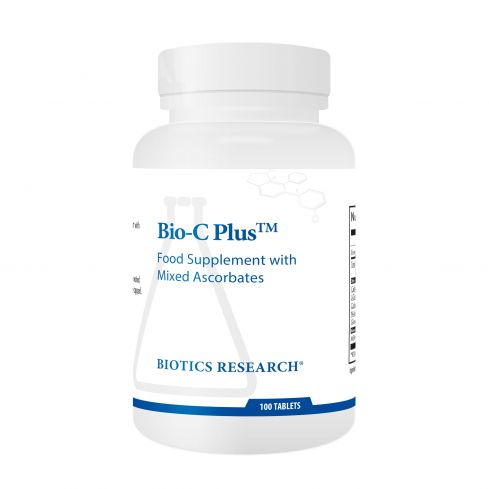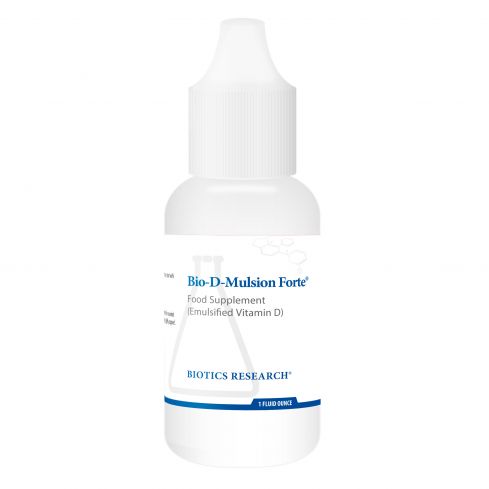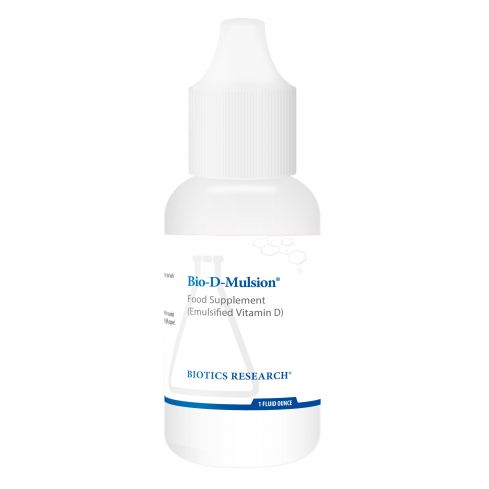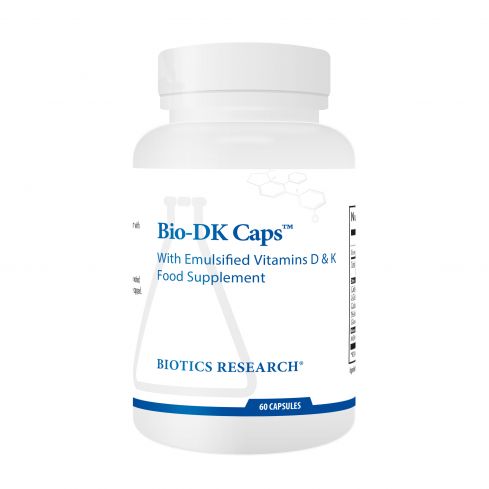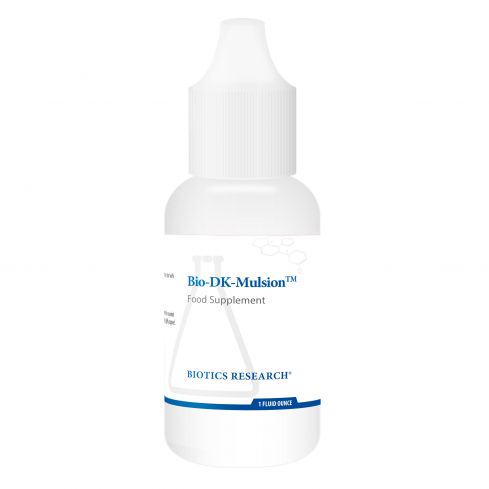- Home
- Products
- Conditions
- Immune Support
Immune Support
The immune system protects organisms from infection with layered defences of increasing specificity. Most simply, physical barriers prevent pathogens such as bacteria and viruses from entering the organism. If a pathogen breaches these barriers, the innate immune system provides an immediate, but non-specific response. Innate immune systems are found in all plants and animals. However, if pathogens successfully evade the innate response, humans possess a third layer of protection, the adaptive immune system, which is activated by the innate response. Here, the immune system adapts its response during an infection to improve its recognition of the pathogen. This improved response is then retained after the pathogen has been eliminated, in the form of an immunological memory, and allows the adaptive immune system to mount faster and stronger attacks each time this pathogen is encountered.
Managing immune imbalances with the use of nutrition has been explored for thousands of years and the use of immunomodulating agents have been components of many styles of natural medicine.
Substrates with immune-modulating actions have been identified among both macro- and micronutrients. Currently, the modes of action of individual immune-modulating substrates, including nutrients and probiotics for example, and their effects on clinical outcomes, are being extensively examined.
The major aspects considered are mucosal barrier structure and function, cellular defence function and local or systemic inflammatory response. It is notable that in illness the mucosal barrier and cellular defence are impaired and a reinforcement with immunonutrition is desirable, while local or systemic inflammatory response should be down regulated by nutritional interventions.
The results available from clinical trials are conflicting. Meta-analyses of recent trials show improvements such as reduced risk of infection, fewer days on a ventilator, and reduced length of intensive care unit and hospital stay.
Immunonutrients are molecular compounds that, while being dietary components, also influence immunologic response mechanisms. Substances such as glutamine, w-3 fatty acids, probiotics, yeast, arginine, and/or ribonucleic acid have been added to standard nutritional support solutions, and the use of these formulations is known as “immunonutrition.” A number of randomised, controlled trials have demonstrated that recipients of immunonutrition have better outcomes than control subjects receiving standard nutritional support.
Energy intake seems to have an important influence on immune activity. Undernourished people are at greater risk from infections. Weight reduction schemes using diets with less than 1200 kcal per day can also reduce immune function, an excellent reason to avoid unhealthy “crash diets”. Excessive energy intake may also compromise the immune system’s ability to fight infection. Obesity is linked to an increased rate of infectious disease. Furthermore, obese people are more likely to develop coronary heart disease, which has been linked to alterations in the immune function.
Reducing fat in the diet is important for weight control but it also seems to influence how well the immune system works. Diets that are high in fat seem to depress the immune response and thus increase the risk of infections. Reducing fat content in the diet can increase immune activity. This might not just affect infections but could also strengthen the type of immune cells, which can fight tumour cells. However, it is not just the amount of fat that is important but also its origin. It is important to include oily fish, nuts, soy or linseed oil in your diet because we need the right balance of different fatty acids.
Regular consumption of fermented dairy products such as yoghurt or kefir may enhance the immune defences in the gut. Recent research results suggest that yoghurts made with certain bacteria (called probiotics) may have a beneficial effect on the immune system. For example, human volunteers who ate yoghurt every day made with specific probiotic bacteria showed a higher resistance to microorganisms that cause food poisoning. More research is needed. Immune system maintenance requires a steady intake of all the necessary vitamins and minerals. This can be accomplished by eating a well-balanced diet including plenty of fruit and vegetables, and yoghurt products on a regular basis.
References
- Calder,PC. Immunonutrition. BMJ 2003;327;117-118 View PDF.
- Aldinucci C, Bellussi L, Monciatti G, et al. Effects of dietary yoghurt on immunological and clinical parameters of rhinopathic patients. Eur J Clin Nutr 2002;56(12):1155-1161. View Abstract.
- Armuzzi A, Cremonini F, Bartolozzi F, et al. The effect of oral administration of Lactobacillus GG on antibiotic-associated gastrointestinal side-effects during Helicobacter pylori eradication therapy. Aliment Pharmacol Ther 2001;15(2):163-169. View Abstract.
- Aso Y, Akaza H, Kotake T, et al. Preventive effect of a Lactobacillus casei preparation on the recurrence of superficial bladder cancer in a double-blind trial. The BLP Study Group. Eur Urol 1995;27(2):104-109. View Abstract
- Jiang, W. G., Bryce, R. P., Horrobin, D. F., and Mansel, R. E. gamma-Linolenic acid blocks cell cycle progression by regulating phosphorylation of p27kip1 and p57kip2 and their interactions with other cycle regulators in cancer cells. Int.J.Oncol. 1998;13(3):611-617. View Abstract.
- Lemaire, I., Assinewe, V., Cano, P., Awang, D. V., and Arnason, J. T. Stimulation of interleukin-1 and -6 production in alveolar macrophages by the neotropical liana, Uncaria tomentosa (una de gato). J.Ethnopharmacol. 1999;64(2):109-115. View Abstract.
- Brinkworth, G. D. and Buckley, J. D. Concentrated bovine colostrum protein supplementation reduces the incidence of self-reported symptoms of upper respiratory tract infection in adult males. Eur.J.Nutr. 2003;42(4):228-232. View Abstract
- 70 items
- 1 item
- 24 items
- 26 items
- 2 items
- 11 items
- 5 items
- 1 item
- 33 items
- 16 items
- 22 items
- 19 items
- 1 item
- 51 items
- 42 items
- 12 items
- 17 items
- 32 items
- 22 items
- 17 items
- 40 items
- 16 items
- 15 items


